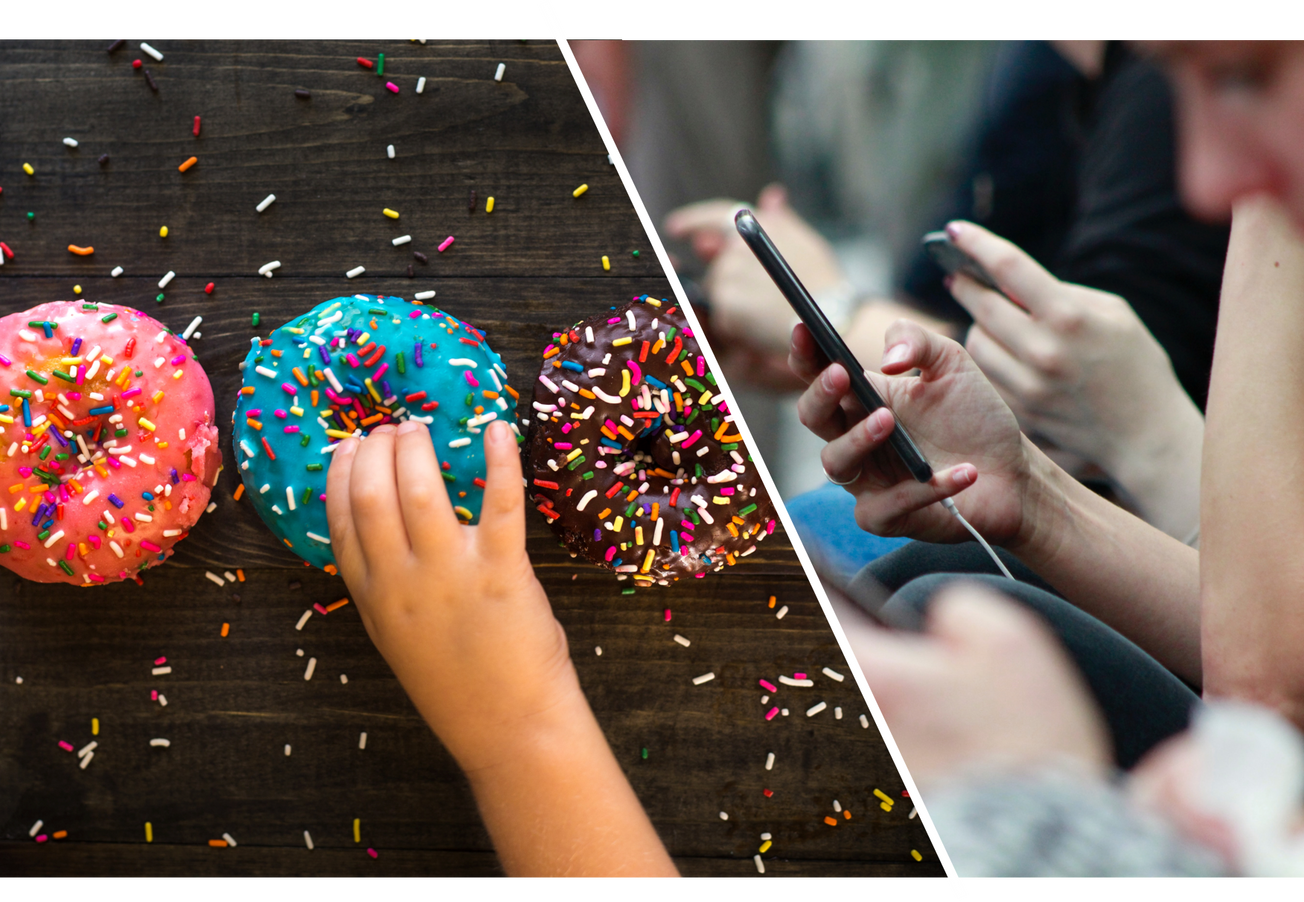By Seochan Jeon, Second year, Geography
Social media has been shown to have the power to impact your dietary choices - for better or for worse.
This January, the international academic journal Appetite published a paper by Aston University researchers on potential links between food-related social norms, or unwritten rules of acceptable behavior, on social media and their influences on other users’ food and drink consumption and body mass index (BMI). Nowadays 51% of Facebook users and 42% of Instagram users log into the online social platform more than twice a day.
The paper suggests that there are four kinds of social norms that appear amidst social media; descriptive norms (descriptions about what others do), injunctive norms (telling us that we ‘must’ consume a food or type of product in a particular way), liking norms (what others like to consume), and frequency norms (how frequently others consume).
The researchers found that the descriptive and frequency norms about how much and frequently one should consume fruit and vegetables positively predict the subjects’ own consumption of fruits and vegetables. These subjects were all university students. The subjects exposed to descriptive norms about vegetable eating eventually chose vegetables with meals after six weeks. The liking norms about vegetables, such as broccoli for instance, made users consume more of it later.
| Must-try foodie hotspots for Bristol students
The study also revealed the results about four different norms in relation to high energy dense (HED) snacks and sugar sweetened beverages (SSBs). First, how much others like snacks and how frequently they enjoy them did not correlate with the consumption of any foods or drinks. However, injunctive norms about what one should eat positively predicted how the subjects perceived their own consumption of HED snacks and SSBs. This means that how you view food adverts or other users’ online activities with injunctive descriptions will make you more likely to consume unhealthy food and drink.
Apart from how high the subjects’ level of liking or consumption frequency of sugary products is, the data shows the perceived descriptive norms of HED snacks and SSBs as well as the perceived liking norms are almost twice as high compared to how much they have perceived the consumption of fruits and vegetables under the given norms. The researchers also state that the number of descriptions of unhealthy food products are overwhelming, which affect the results regarding vegetable and fruit consumption.
One good outcome is that there was little evidence about relationships between social media use and BMI. The paper suggests that the results only strongly emphasise the impacts of online activities and food consumption.
We all know that eating fruits and vegetables is healthy, and it is good to see part of the results reflect this fact. However, against all our good intentions, businesses and influencers advertise sugary products to us every single day on social media. As they work highly addictively in our psychology and body, they are easily exploited in order for companies to make profits.
Obviously, us individuals alone cannot stop the giant businesses from doing this. Too often, social media manipulates our perceptions to make unhealthy food and beverages seem like something worth purchasing for our better health. This can happen through many channels; for example, corrupt nutrition professionals, as Vishen Lakhiani, co-founder of Mindvalley, discusses in this YouTube video. We must develop our ability to filter out the lies about unhealthy products that are fed to us.
| The food that makes us happiest
Another study has also reported that certain covariates, including appetite, negative emotions, and feeling unwell can all influence experiments about food and mental state. From a psychological perspective, since our body and mind are interconnected, the foods we consume highly affects our minds. As much as the UK’s higher education institutions try to revolutionise the measures for mental health, we also need to mull over our behaviour on social media and its food-related messaging, in order to escape from the vicious cycle of worsening our mental health by consuming unhealthy food.
Featured image: Unsplash / Patrick Fore, Andrew Worrall
Does social media influence the way you think about food? Let us know!








